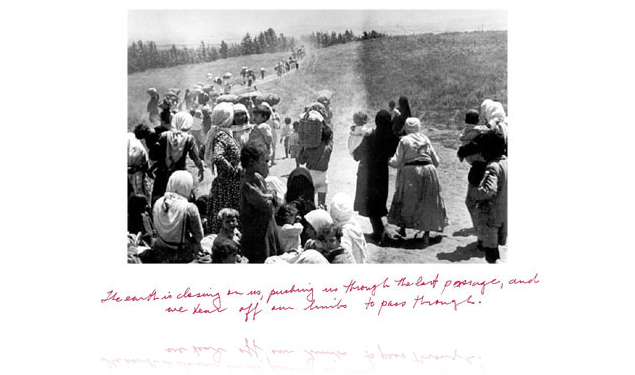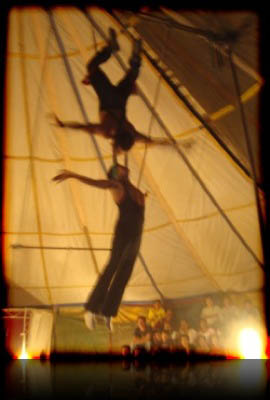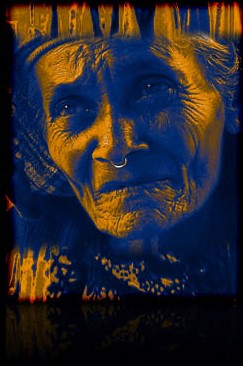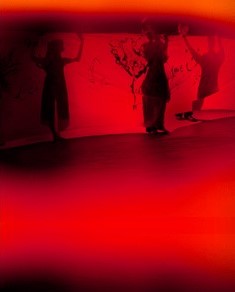The Earth is Closing on Us
DOI:
https://doi.org/10.25071/1913-5874/37344Abstract
This work is one of a suite of works-in-progress which fuse archival images of the Nakba with the poetry of Mahmoud Darwish, the great Palestinian poet who died last year. The Nakba of 1948, (‘catastrophe’ in Arabic), created three quarters of a million Palestinians refugees who fled to Jordan, Syria, Lebanon, the West Bank and the Gaza Strip. The haunting, iconic photographic images of the Nakba evoke the suffering — imprinted forever are the forlorn lines of forsaken people disappearing over the horizon into the unknown, at the beginning of their long journey into dispossession and statelessness. Mahmoud Darwish himself shared that journey, having experienced ethnic cleansing, imprisonment, statelessness and exile.
The UN defines a Palestine refugee as a person whose normal place of residence was Palestine during the period 1 June 1946 to 15 May 1948 and who lost both home and means of livelihood as a result of the 1948 conflict which saw the creation of the state of Israel. There were massacres in some villages and panic; most were forced to leave, some with the false promises of return. Driven by fear, they fled with what they could carry and with the keys to their homes. Over 500 villages were destroyed. In 1967 this process was repeated on a smaller scale, making some Palestinians refugees twice. The Iraq war has yet again created a new group of Palestinian refugees. Faced with violence, forced to flee their homes because they had been supported by Saddam Hussein, they live in tents in Iraq at its border with Syria.
Between sixty and seventy percent of the population of Gaza, the most densely populated place in the world, is comprised of internal refugees from cities and towns in the surrounding areas. The city of Nablus in the West Bank is host to Balata, the largest refugee camp in the West Bank. Every Palestinian city has its camps including Jerusalem.
Ask a child, a third generation refugee in a camp in Lebanon or elsewhere where he or she is from and the response will be the name of a village or a city in Israel, the West Bank or Gaza, one that that they have never seen, one that no longer exists but is nevertheless home, where they belong, where they will return to. They will show you the keys.





